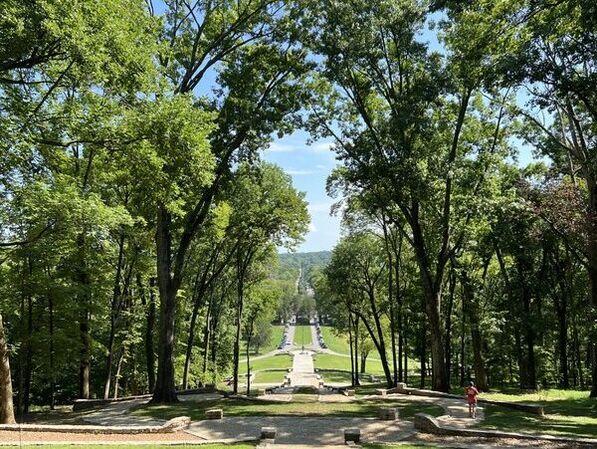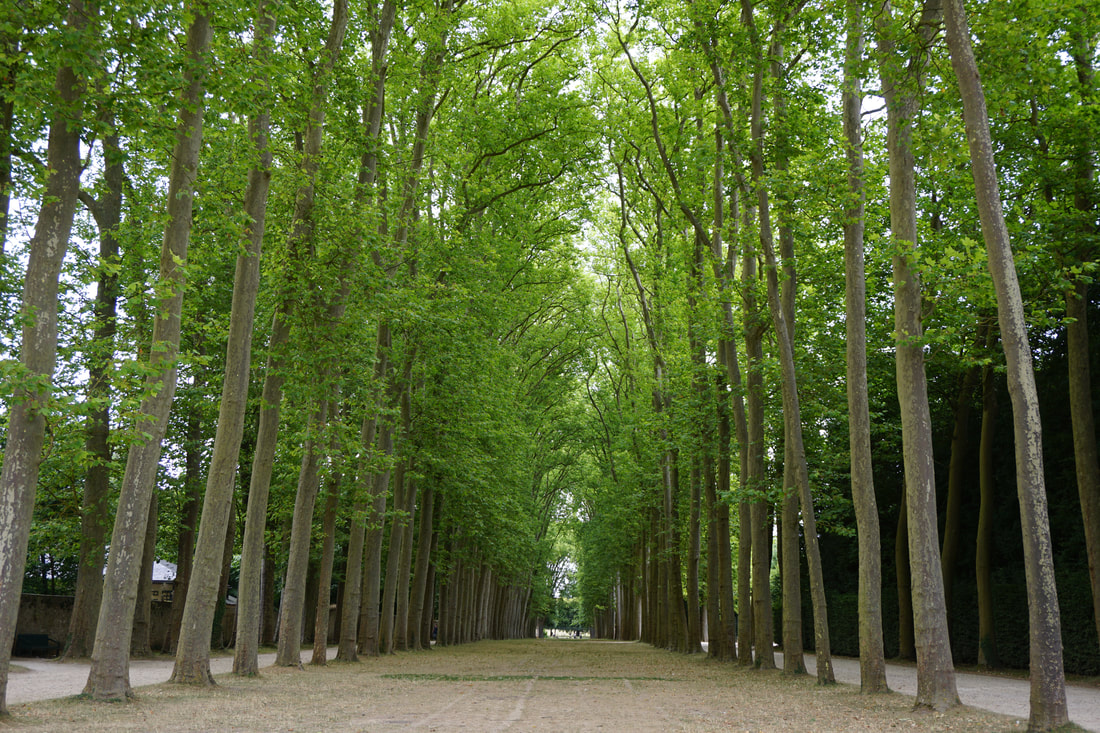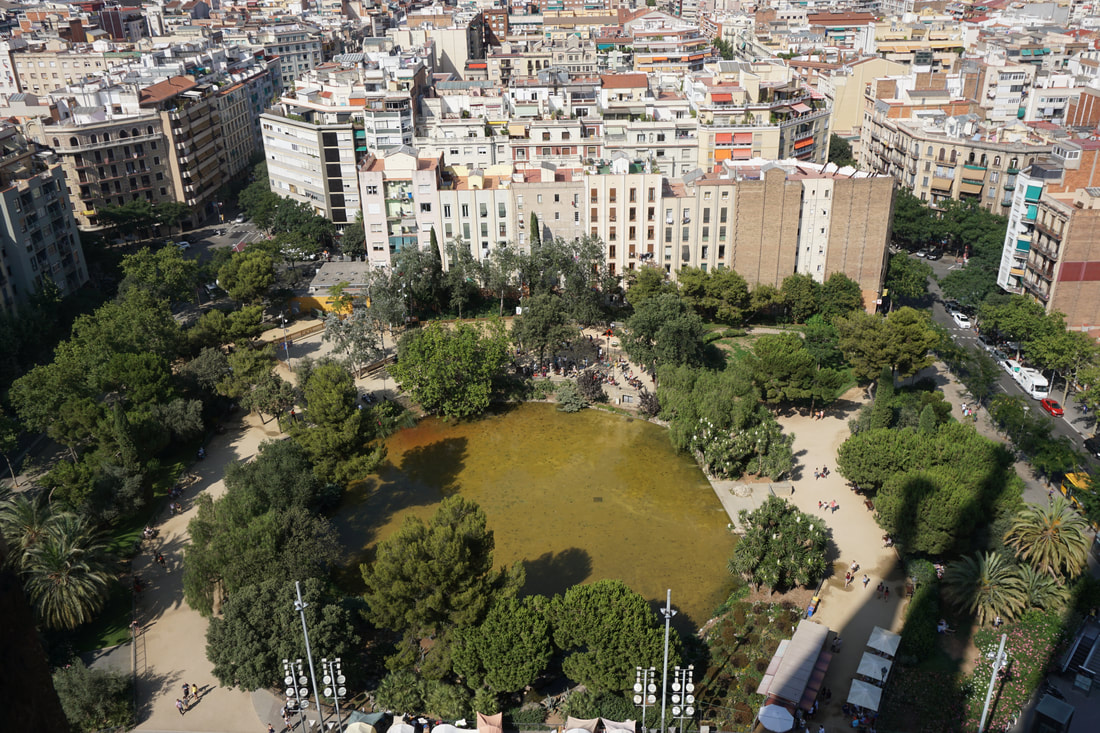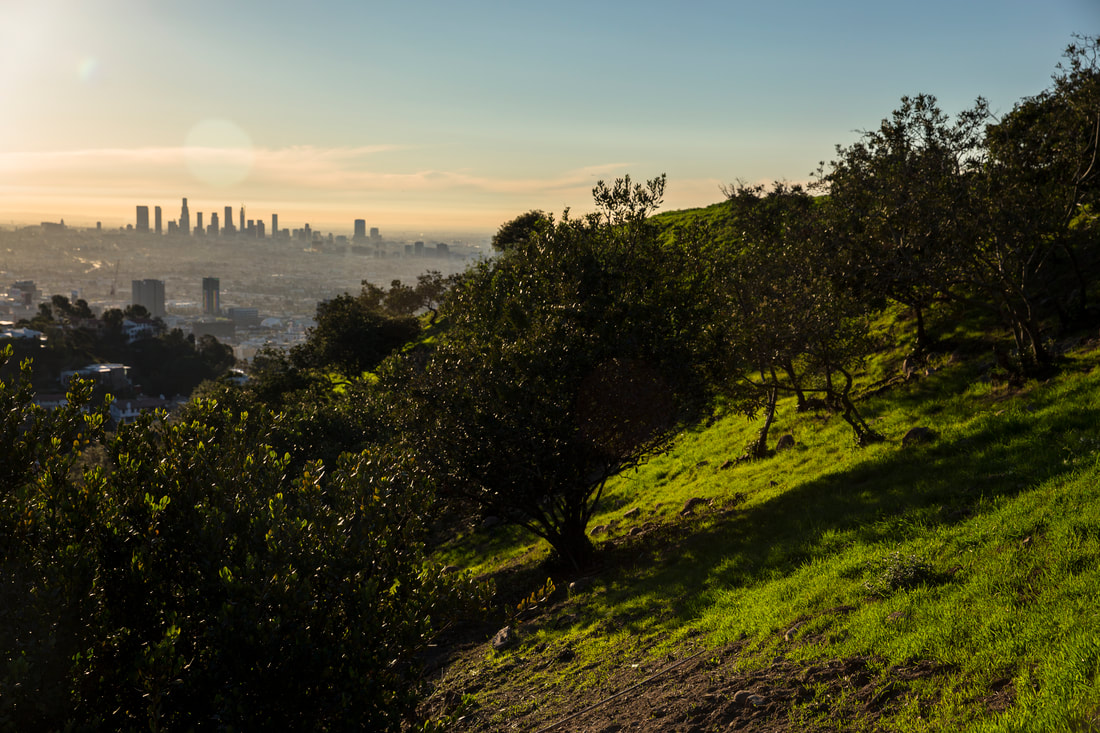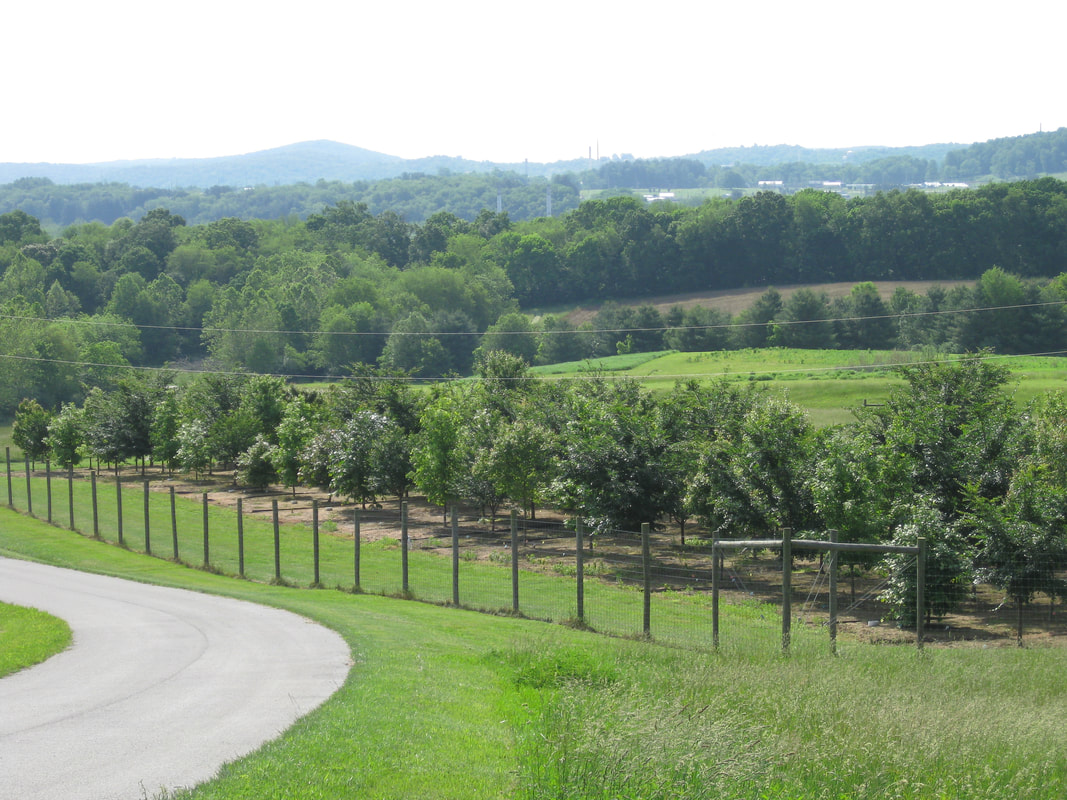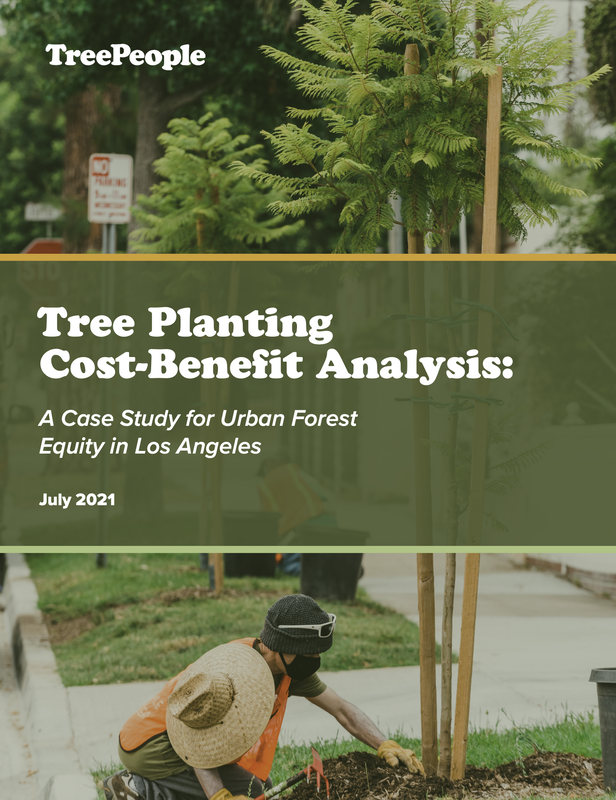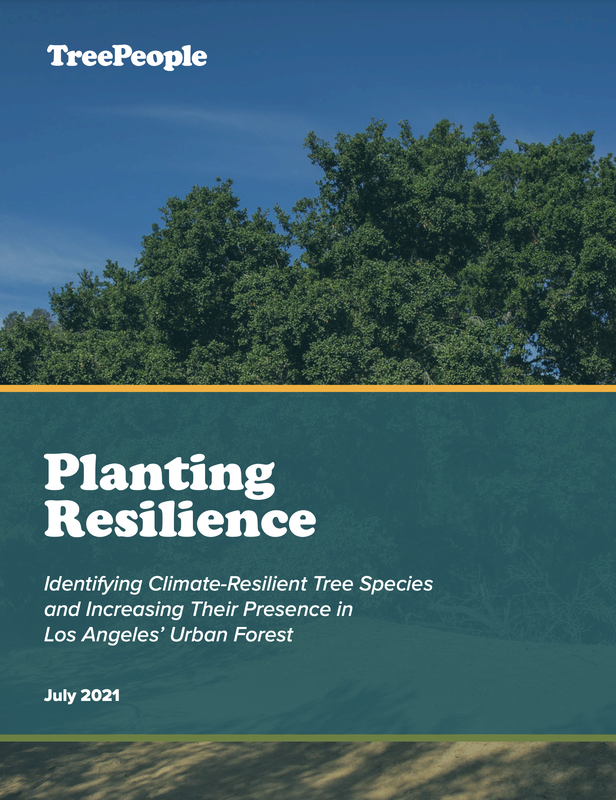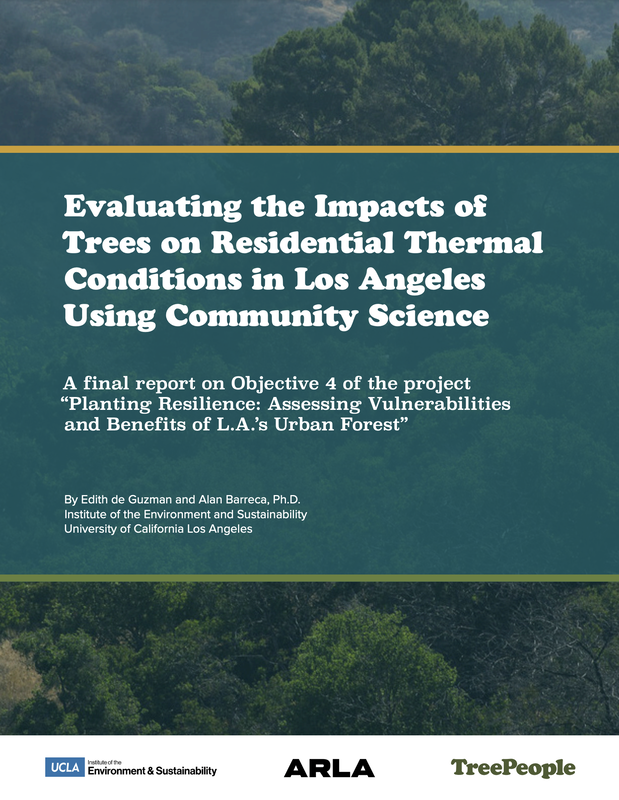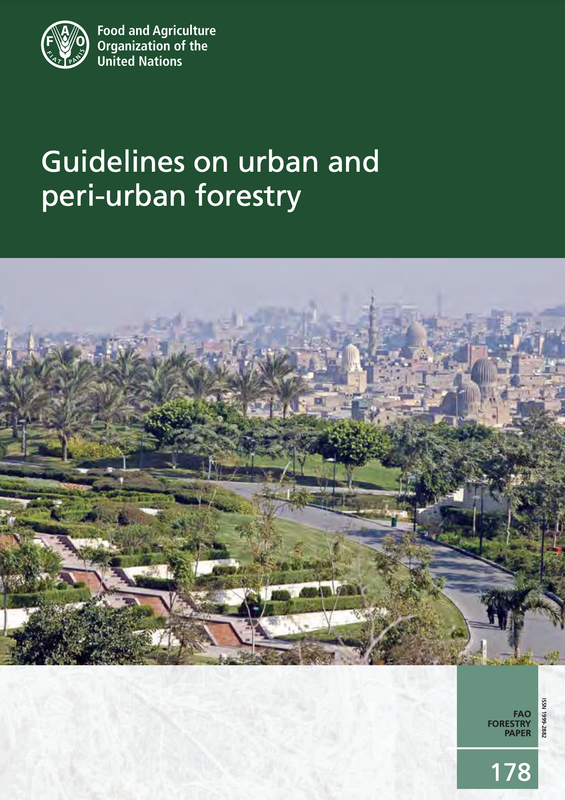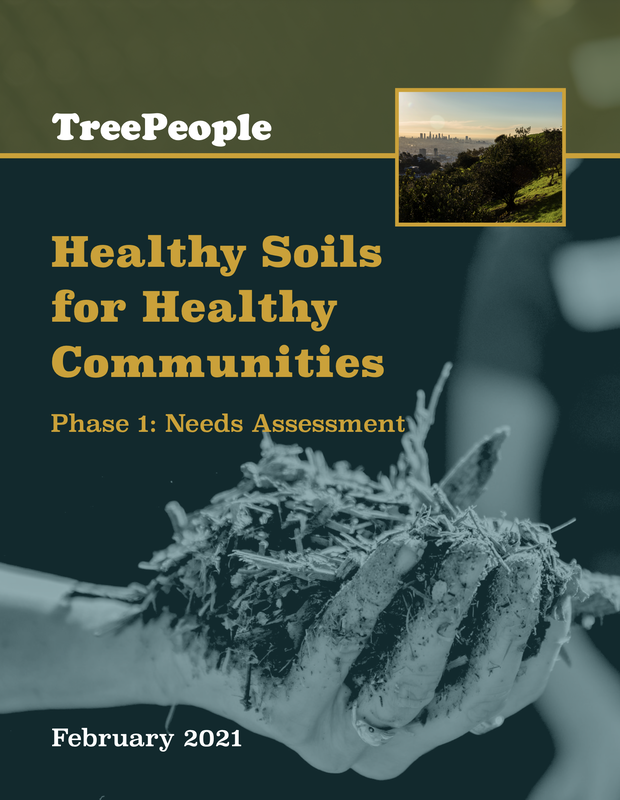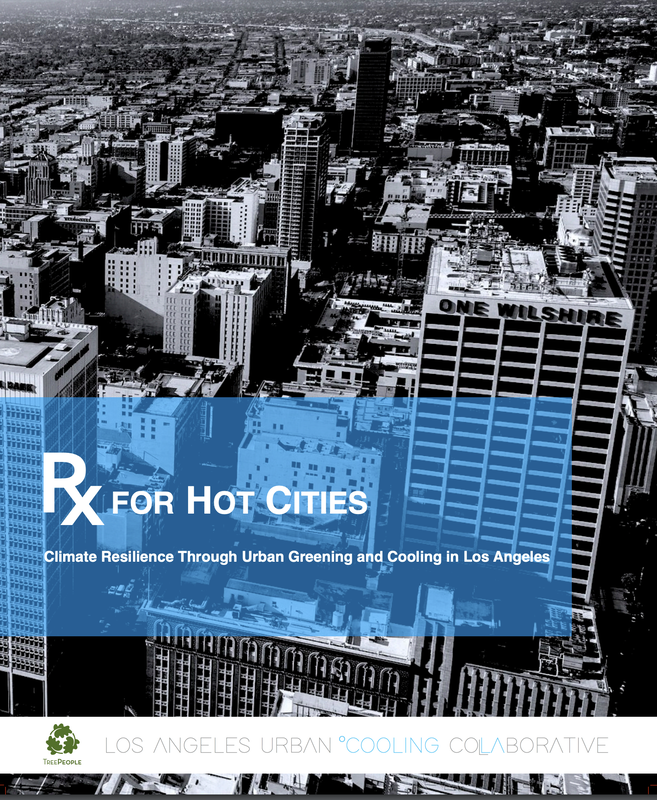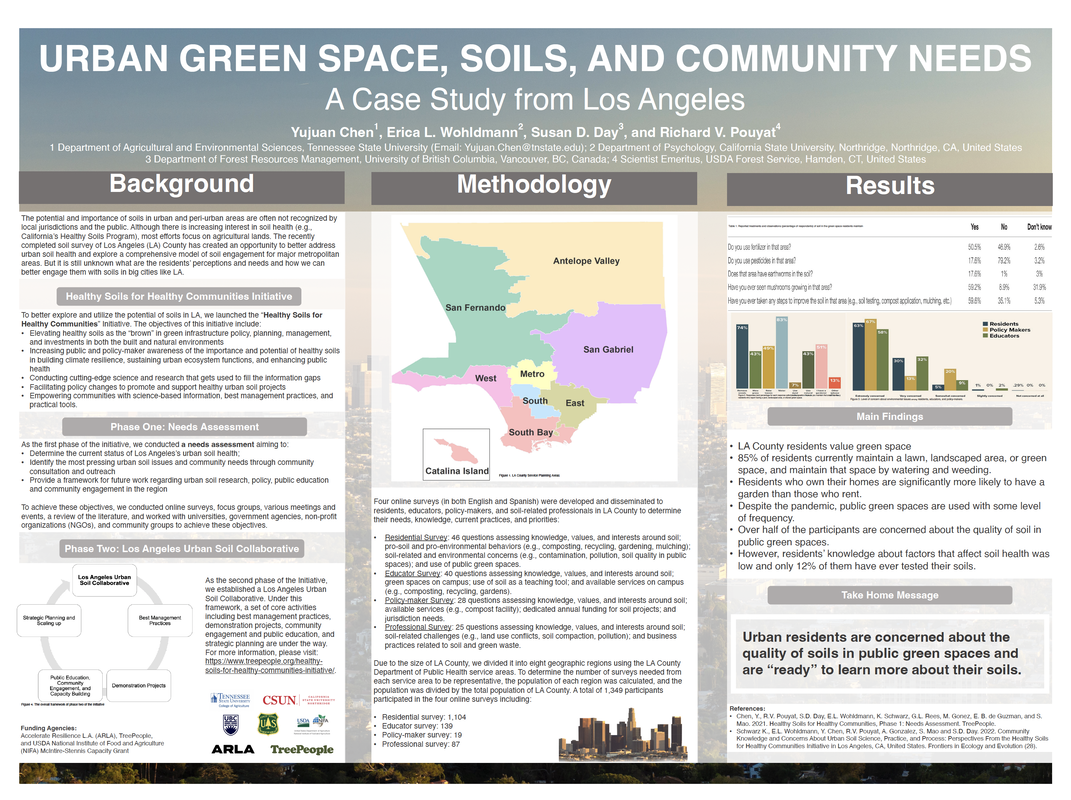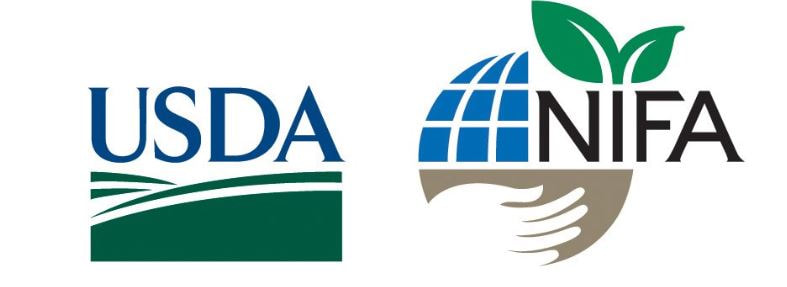Currently, more than half of the world's population lives in urban areas. Coupled with a changing climate, cities and towns are under high pressure to provide residents with sufficient resources (e.g., food, water, energy), a livable environment, and desired quality of life. Forests and trees can play a critical role in goods production and ecosystem services provided for our communities. The question becomes how can we sustainably manage our forest resources in and around cities to meet the societal needs of both current and future generations. Our work mainly focuses on human-natural systems including forests, soils, water, and their interactions with human decisions and activities. We are working to explore the impacts of human decisions and activities on urban forest ecosystems, develop effective approaches to mitigate those impacts, and ultimately sustain and/or provide healthy land, clean water, and equitable urban green spaces.
Current Projects
|
The Benefits of Urban Forestry to Mitigate Effects of Climate Change in the Southern United States
Climate change has disproportionate impacts on communities and disadvantaged communities are usually more venerable to climate impacts. As a nature-based solution, urban forests can provide a wide of benefits for climate change mitigation and adaptation. However, little is known about how urbanization, climate change, and urban forests interconnect in the southern U.S., especially from an equity perspective. The overall goal of this project is to establish a new initiative - Forests, Extreme Heat, and Water in the South (FEHWS) which aims to better understand the effects of urbanization and climate change on tree canopy cover, eco-hydrological processes, and local heat and atmospheric drying in the region. As the first of the initiative, we are doing pilot studies in Nashville, TN and Raleigh, NC to explore the benefits of urban forests in terms of cooling and stormwater runoff mitigation. This project is funded by the USDA Forest Service Southeast Climate Hub. |
|
Branching from the Ground Up: Increase Urban Tree Canopy and Carbon Sequestration by Rebuilding Soils in the City
Soil is the foundation for tree establishment and growth in the city. The overall objective of this project is to further evaluate the influence of Soil Profile Rebuilding, a technique to rehabilitate compacted soils on site, on urban soil quality, tree establishment and growth, and long-term ecosystem services (e.g., carbon sequestration and stormwater mitigation). In particular, it will establish a long-term Nashville Urban Soil Rehabilitation Site (NUSRS) in Nashville, TN. This project is funded by the USDA-NIFA McIntire-Stennis Cooperative Forestry Research Program. |
|
Raising Awareness about the Benefits of Urban and Community Forests in Tennessee
Urban forests provide a wide range of benefits for our communities, however, the benefits of trees have not been fully recognized. The overall goal of this project is to raise awareness about the benefits of urban and community forests in Tennessee. This project is funded by the USDA NIFA Renewable Resources Extension Act Capacity Grant. |
|
Los Angeles Urban Soil Collaborative: Soil Connects Us All
Soils, brown infrastructure in the city, have great potential to build community climate resilience. The overall objective of this project is to establish a Los Angeles Urban Soil Collaborative to serve as a framework to meet the needs that have been identified in Healthy Soils for Healthy Communities Initiative Phase One Needs Assessment. This project is funded by the Accelerate Resilience L.A. (ARLA), a sponsored project of Rockefeller Philanthropy Advisors. |
Past Projects
|
Healthy Soils for Healthy Communities Initiative Phase One: Needs Assessment
Soil is the foundation of life and plays a key role in building climate resilience. The overall goal of this project was to conduct a needs assessment aiming to: 1) determine the current status of Los Angeles’s urban soil health; 2) identify the most pressing urban soil issues and community needs through community consultation and outreach; and 3) provide a framework for future work regarding urban soil research, policy, public education and community engagement in the region. This project was funded by the Accelerate Resilience L.A. (ARLA), a sponsored project of Rockefeller Philanthropy Advisors. See here for more information. |
|
Rx For Hot Cities: Climate Resilience Through Urban Greening and Cooling In Los Angeles
Extreme heat causes more deaths in the United States than all other weather-related causes combined. The Los Angeles Urban Cooling Collaborative (LAUCC) is a multi-disciplinary, national partnership of researchers and expert practitioners working with communities, nonprofit organizations, academia, and government toward the goal of understanding and implementing urban cooling strategies. We found that roughly one in four lives currently lost during heat waves could be saved, largely in low-income communities and communities of color. See here for more information. |
|
Urban Soil Rehabilitation: Soil Profile Rebuilding
Typical urban land development can lead to compacted soils that are not favorable for urban green infrastructure including trees. Soil Profile Rebuilding, an urban soil rehabilitation technique, is a cost-effective approach to help rehabilitate degraded soils, improve tree growth, and enhance long-term ecosystem services such as carbon sequestration and stormwater management. |
Selected Publications
|
Tree Planting Cost-Benefit Analysis:
A Case Study for Urban Forest Equity in Los Angeles |
Planting Resilience: Identifying Climate-Resilient Tree Species and Increasing Their Presence in Los Angeles’ Urban Forest
|
Evaluating the Impacts of Trees on Residential Thermal Conditions in Los Angeles Using Community Science
|
Selected Presentations
|
|
|
|
|
|
Selected Posters
Funding Agencies
